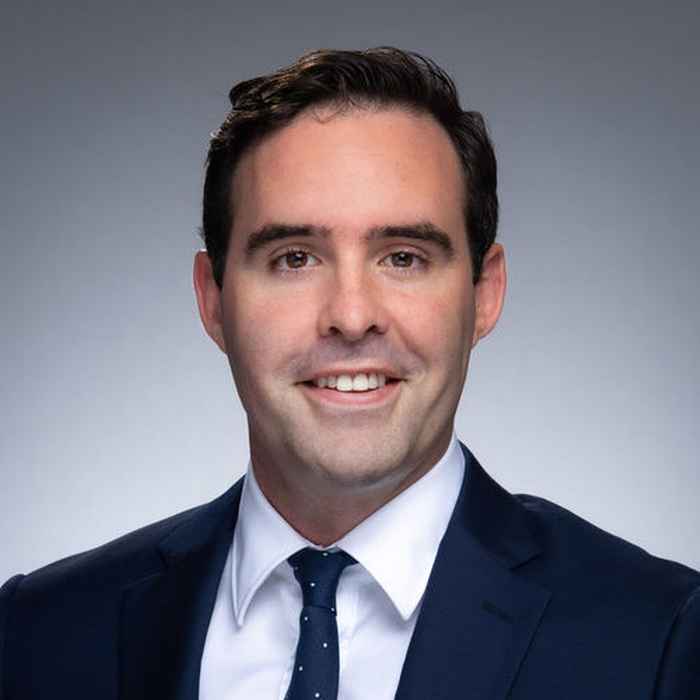ACLE Seminar: Patrick Corrigan (University of Notre Dame)
The Prisoner's Dilemma of Stockholders in Social Enterprises
- Date
- 12 December 2023
- Time
- 13:00 -14:15
- Location
- Roeterseilandcampus - building A
- Room
- A3.01 and online (see below)

Abstract and paper
A burgeoning academic literature expresses optimism that economic activity directed by corporate planners, rather than by markets, might improve social welfare compared to market outcomes.
This paper shows that corporate planners and stockholders should not expect market-based corporate governance institutions—including voting mechanisms—to adequately address externality problems that arise from market failures in the first place. Modeling joint ownership of a corporate social enterprise as a public goods game, the Article shows that liquid trading in ordinary voting stock operates to produce a foreseeable change in control to a coalition of stockholders committed to rooting out costly nonfinancial activities and maximizing profits. The friction producing this result is that coordination by stockholders with similar nonfinancial preferences is costly.
The paper then shows how pre-commitment to a corporate public benefit through corporate governance institutional design can eliminate the identified prisoner’s dilemma incentives. However, these institutional design decisions create their own costs. The Article presents a corporate governance trilemma framework for assessing the tradeoffs of corporate different institutional designs. Case studies of close corporations and public benefit corporations support the institutional claims.
Thus, the transaction costs of co-ownership, and the institutional mechanisms that affect these costs, help explain not only the ownership structure of firms, but also corporate purpose.
Practicalities
This event will be a hybrid event. The seminar will take place in Roeterseiland campus (REC) building A, room number A3.01 (Research Seminar Room), and will also be streamed online via Zoom. The Zoom link will be specified in a registration confirmation email upon registration for the event.
About the speaker
Patrick Corrigan is an associate professor at Notre Dame Law School. He has published and forthcoming work in the Washington University Law Review, New York University Law Review, the Journal of Empirical Legal Studies, the Yale Journal on Regulation, among others. His research focuses on how laws and institutions shape capital markets and transactional structures.
About ACLE
The Amsterdam Center for Law and Economics (ACLE) is a joint initiative of the Faculty of Economics and Business and the Faculty of Law at the University of Amsterdam. The objective of the ACLE is to promote high-quality interdisciplinary research at the intersection between law and economics.

We gratefully acknowledge the generous funding by the Amsterdam University Fund for this seminar.